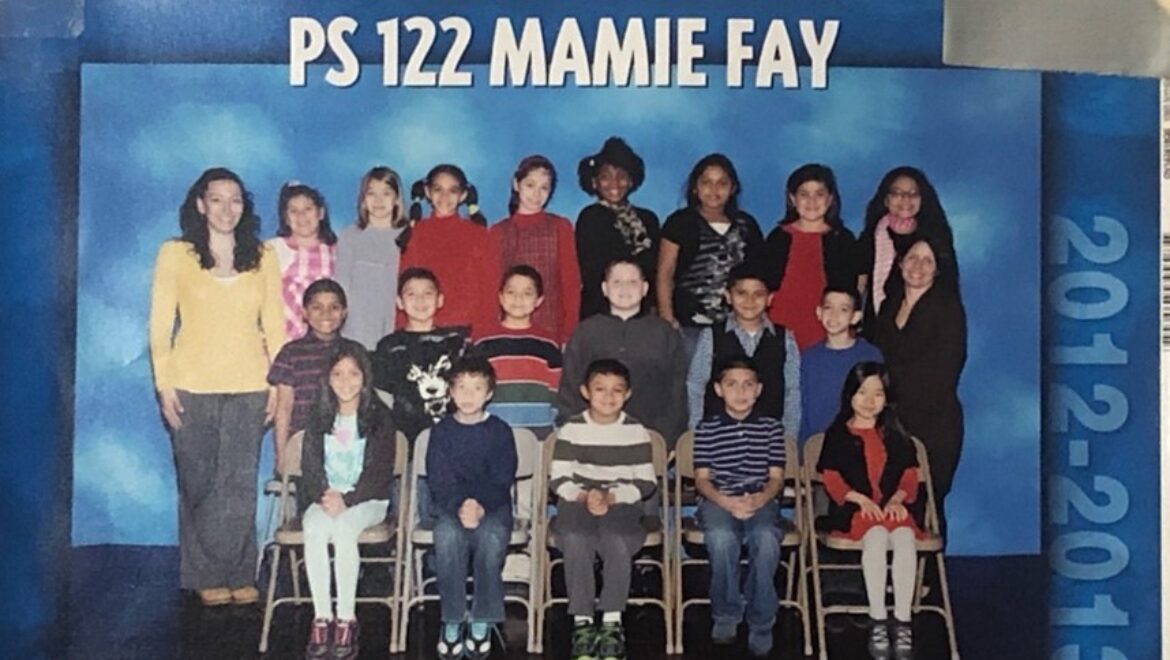Why I keep speaking up, even when people mock my accent – Saleem
Rhetorical Situation Worksheet
Your name:
| Animesh Ray |
Completing this worksheet may take more time than you think. It’s worth the time. The information you gather will help you later when writing up assignments. But more importantly, the process of addressing each of the questions below will slowly work to change how you read texts. Keep in mind that some answers will not be obvious or even observable in the text, and so you may have to do some critical thinking and, at times, even some online research. Use full sentences. Take as much space as you need.
Context & Exigence: What topic/conversation is this text responding to? What year is the text published? What is the exigence–that is, what motivating occasion/issue/concern prompted the writing? The motivating occasion could be a current or historical event, a crisis, pending legislation, a recently published alternative view, or another ongoing problem.
| The topic of the video is responding to the accents that people mock Saleem about which Saleem recognizes. This was uploaded in 2016 and the motivating issue was his stuttering of sentences and hatred of introducing himself. He used his voice less and did more in his editing. |
Author: Who is the author of this text? What are the author’s credentials and what is their investment in the issue?
| The person telling the text is Safwat Saleem and his investment is using his speech or communication via his work of editing. |
Text: What can you find out about the publication? What is the genre of the text (e.g., poem, personal essay, essay, news/academic article, blog, textbook chapter, etc.)? How do the conventions of that genre help determine the depth, complexity, and even appearance of the argument? What information about the publication or source (magazine, newspaper, advocacy Web site) helps explain the writer’s perspective or the structure and style of the argument?
| Can’t find anything on the publication except that Saleem posted the story. The genre of the video is a personal essay on Saleem’s upcoming from hating his accent and voice as he would stutter. This helps determine the narration of Saleem’s work. He would further show how he overcame it via the work he does with making character voices and editing it and such. |
Audience: Who is the author’s intended audience? What can you infer about the audience (think about beliefs and political association but also age, class, race, ethnicity, sexual orientation, profession, education, geographic location, religion, etc.)? Look for clues from the text (especially the original publication) to support your inference.
| The author’s intended audience is those who mock Saleem and his voice when he was younger. To students of accents. And people around the world are mocked with accents. He is from Pakistan so this has an audience of South Asians as well. |
Purpose: What is the author trying to accomplish? To persuade, entertain, inform, educate, call to action, shock? How do you know?
| Saleem is trying to expand his work with his change in speech as now he’s putting his own mouth while working. He is educating those doubting themselves because of what they go through. He had been put down because of his accent and that was a huge obstacle for Saleem. |
Argument: What do you believe is the main claim/idea/argument that the author is trying to communicate? What stance does s/he take?
| The author is trying to communicate that you shouldn’t give up on what others say about you. Saleem is now focusing on himself using his own voice in his work instead of manipulating tones in his work of characters. |
Evidence: How is the argument supported? Types of support include reasons and logical explanations as well as evidence. Types of evidence include anecdotes, examples, hypothetical situations, (expert) testimony, quotes, citing sources, statistics, charts/graphs, research the author or another source conducts, scientific or other facts, general knowledge, historical references, metaphors/analogies, etc.
| The argument is supported by Saleem telling his backstory and what he went through. When he was a kid, he was mocked by others for his accent, and he mentioned that everything out of normal is considered wrong which motivated Saleem to what he said in the video. |
Rhetorical Strategies: What aspects of this text stand out for you as a rhetorical reader? In other words, what do you observe about what the author strategically does (consciously or not) in hopes of appealing to their audience? List here as many observations as you can make about what the text does.
| The speaker stands out by comparing his childhood inner demons and not accepting his voice to his work and how he became better at using it. He would hide in the bathroom not being accustomed to the mocking and would doubt his voice from it. But he brings it in his TED presentation about how he has moved on and started making better use of it through his work. |
Citation: Add the correct MLA or APA bibliographic entry for this text. Use easybib.com if you prefer.
| Saleem. “Why I Keep Speaking up, Even When People Mock My Accent.” TED Talks, 7 July 2016, www.ted.com/talks/safwat_saleem_why_i_keep_speaking_up_even_when_people_mock_my_accent. |
Notes: What do you want to remember about this text?
| I want to remember the motivation that he kept going despite the obstacles that he had to face. |


